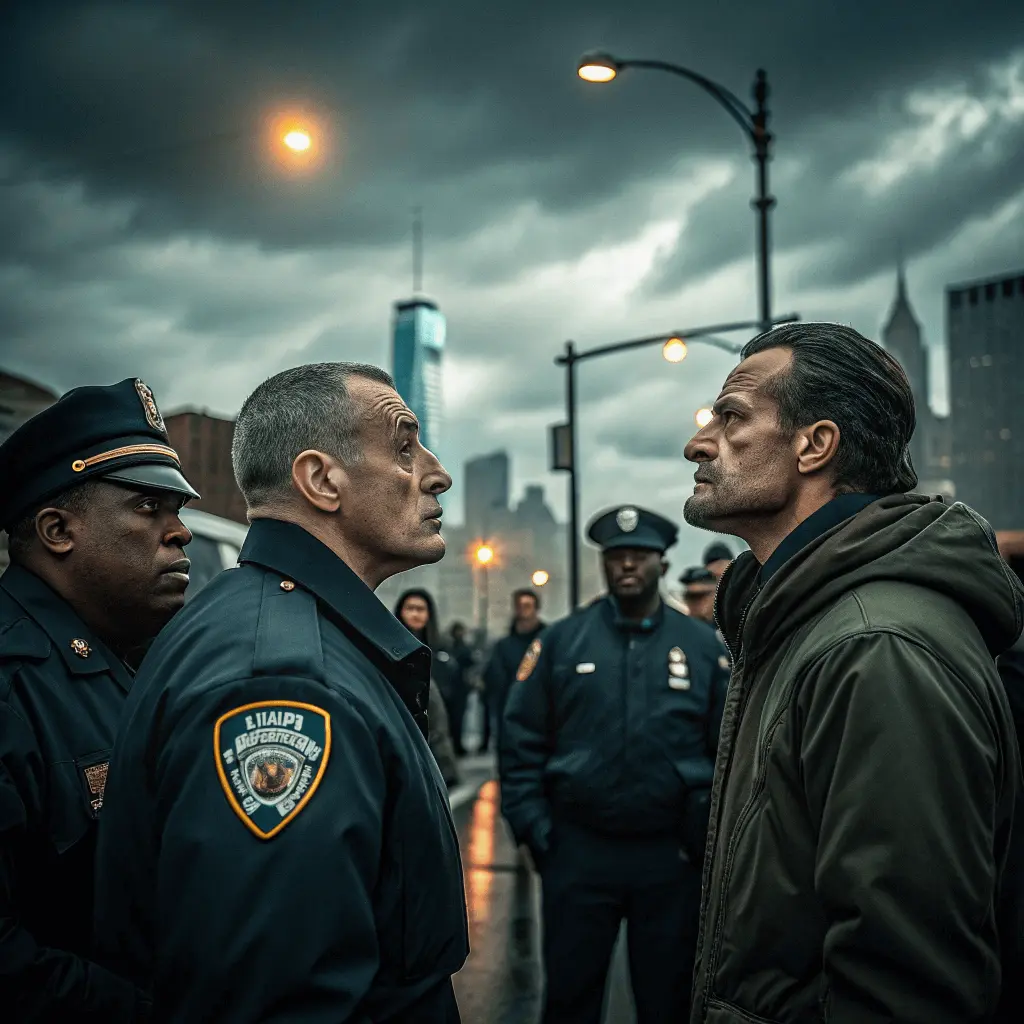Experiencing police brutality can leave lasting emotional and physical scars. Many victims in New York City find themselves unsure about what to do next. It can feel overwhelming, especially when those meant to protect you are the ones causing harm. It is important to stay calm and take careful steps to protect yourself and your legal interests. Every action you take after such an incident can affect your ability to seek justice and compensation. A good first step is to file a police misconduct claim to hold the officers accountable for their actions. Before moving forward, it’s important to understand your rights and the process of building a strong case. Taking deliberate, informed steps early on can make a significant difference in the outcome of your situation.
Seek Immediate Medical Attention
The first thing you should do after experiencing police brutality is get medical care. Even if your injuries seem minor, having medical records will serve as key evidence later. Doctors can document bruises, cuts, or other trauma that may not be visible to others. This medical documentation provides credibility to your claim and shows that the injuries were real and serious. It also helps establish a clear timeline between the incident and your treatment.
Document Every Detail of the Incident
Memory fades quickly after traumatic events. Writing down every detail while it’s fresh in your mind can help you preserve important facts. Write down the officers’ names, badge numbers, what they look like, and the names of anyone who saw the incident. Keep track of where and when the incident occurred, along with any other evidence like photographs or video recordings. These details may seem small, but they can become crucial pieces of evidence when your lawyer builds your case.
Contact a Civil Rights Attorney
A civil rights attorney can guide you through the legal process and protect your interests from the beginning. Police brutality cases can be complex, and having an experienced lawyer ensures that your case is taken seriously. The lawyer can assist with paperwork, represent you to the authorities, and support you in court if necessary. They will also help determine what compensation you may be entitled to for physical and emotional harm. Reaching out to a trusted attorney as soon as possible can strengthen your chances of a successful outcome.
Gather Supporting Evidence
Evidence plays a vital role in any police brutality claim. Medical records, witness statements, videos, and photos of injuries can all help build a stronger case. A good attorney can help you identify what evidence is most valuable and ensure it’s properly preserved. Social media posts, body camera videos, and written reports can help show what really happened. The more complete your evidence, the harder it is for opposing parties to dispute your claim.
File an Official Complaint
Filing a formal complaint with the appropriate department or oversight agency is an important step. In New York City, you can file your complaint with the Civilian Complaint Review Board. This group investigates police misconduct and maintains a record that can lead to action against the officers involved. Even though the process can take time, it is necessary to ensure that the misconduct is documented and addressed. Following through with this step shows that you are serious about seeking justice.
Stay Consistent and Follow Legal Advice
Once your case is underway, it’s important to remain consistent with your statements and follow your attorney’s guidance. Avoid discussing details of your case publicly or on social media, as it could affect your legal position. Your lawyer will guide you on what to say and when, ensuring you do not harm your case unintentionally. Stay patient, as cases involving police misconduct can take time to resolve. The key is to remain persistent and trust the process.
Taking action after experiencing police brutality in NYC requires strength and support. By seeking medical help, documenting every detail, contacting a civil rights lawyer, and filing a formal complaint, you are asserting your right to justice. Each step you take helps build a solid foundation for accountability and change. No one should ignore police misconduct. Standing up for your rights helps your voice be heard. With the right support and determination, you can work toward justice and a safer future.
